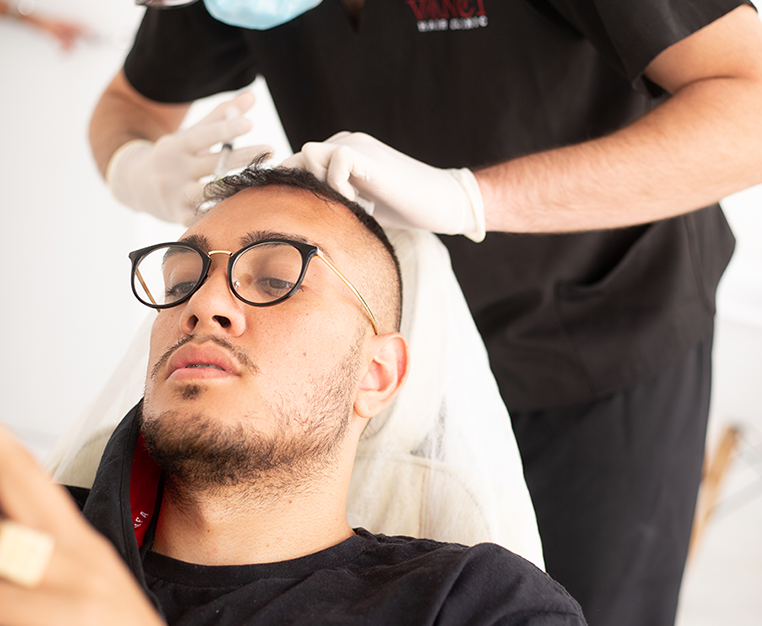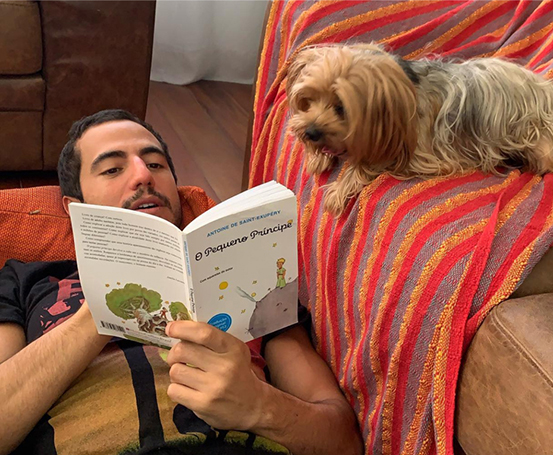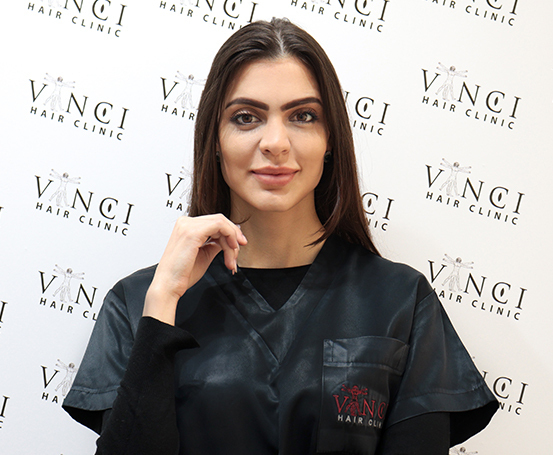Notice how your hair is at its worst stages postpartum? Worried that it might get even worse?
Well, I’m here to assure you that no, it is not due to the stress of being a mom and you can do something about it! Here we’ll discuss the real reason behind the tragedy and how to respond to it. Your Hormones are Crazy!
Yes, you heard me right and let me tell you why.
As you go through pregnancy, your body amplifies your hormone levels to better nurse the baby inside of you. Pregnancy tests work by checking if your hCG (human chorionic gonadotropin) levels rise greater than average. If it does, then I’ve got some news for you lady.
Along with the rise of the hCG, other hormone changes include your estrogen, progesterone, oxytocin, and prolactin as well. And not only that, but your blood volume may also rise to as much as 50% greater than average by your due date. So yeah, it IS crazy.
Here is the crazier thing though, after you deliver the baby, your hormone levels immediately drop back to almost normal within 24 hours after birth. Blood volume normalizes as well; however, its transition is much gradual than the other hormones. Give it a few weeks or so and it’s back to normal.
Now you’re maybe wondering why you need to know all about this. Let’s talk about the reasons why in the next section.
The Culprits are Your Hormones!
Surprised? Yes, it’s a fact. Your hormones are behind your postpartum hair loss. Remember when I told you your hormones go crazy high when you’re pregnant? With estrogen production also amped, this helped hamper your usual rate of hair loss. Not only that but your increase in blood volume and circulation aids to the decrease of hair fall even more. Increase in blood flow is why your hair is at its better days during pregnancy! It becomes fuller, shinier, and thicker.
That being said, imagine what would happen if your high hormone levels suddenly snap back to normal?
What takes place then after, now that you do not have the increased hormone levels from before? Your hair adjusts and adapts to the bodily changes and to do that, a certain amount of them fall out. During this process, it would feel as though you’re experiencing a massive hair loss, but you’re not. It just feels like it because it’s happening all at once. The amount of hair you’re losing postpartum is only proportional to the amount of hair loss your increased hormone levels had prevented nine months before. So hooray!
This hair loss can begin after a day or two since the delivery and usually peaks around the 4-month mark. Therefore you do not have to worry if it continues for more than 3-4 months. It is only standard post-birth that you lose more hair during this time. The hair loss may last up to a year.
The 4 Effective Hair Treatments
We have already established that hair fall is a normal process during postpartum. So if this hair loss does not bother you in any way, then it is okay to not do anything about it. Otherwise, you can try and follow these treatments that could make your hair appear fuller and healthier.
1. Careful Styling
Be gentle with how you manage your hair. Try and avoid hairstyles that need heating tools with, such as a dryer or a curler, for these may make your hair look thinner. Best to do when your hair is still thinning out is to let it air-dry instead.
Be gentle with brushing your hair as well for doing it too roughly may cause bigger clumps of hair to fall out. Also, avoid brushing your hair frequently. Once a day is already enough, plus you will have more time to check on your baby or catch on some sleep.
2. Watch Your Diet
Your diet is essential to the health of your body. The healthier the food, the better nutrients your system receives. So make sure that you are getting all the nutrients you need from vegetables, fruits, and other high-protein edibles.
Preferably, you would want to consume dark leafy greens (for the iron and vitamin C), sweet potatoes and carrots (for the beta carotene), eggs (for the vitamin D), and fish (for omega-3s and magnesium).
3. Take Your Vitamins
Vitamins are essential, especially if you’re nursing a baby. However, it’s more important to maintain a healthy diet, and vitamins are not a substitute for that. Doctors often recommend continuing the intake of prenatal vitamins after the baby is born, especially if you are breast-feeding.
4. Use Volumizing Shampoo
Try and avoid conditioning shampoos, while there’s a lack of evidence for it, conditioning shampoos weigh your hair down which consequently makes it appear thinner. Volumizers may add body to your hair, thus helping it maintain a lustrous look.
Is Your Postpartum Hair Loss Normal?
In most cases, postpartum hair loss is common and is not something to worry about. However, if you’re still having clumps of hair falling out after your baby’s first birthday, it is then that you may want to make sure there isn’t an additional cause for your hair loss. Getting in touch with your doctor or hair loss specialist at this time may be the best thing to do. Vinci Hair Clinic specialises in different treatments for hair loss. A specialist will diagnose the cause of hair loss and prescribe the best treatment to promote regrowth.



